Article Topics
In recent years, the rising popularity of plant medicine has brought increased attention to the benefits of cannabis, CBD, and hemp-derived products. Along with this growing interest comes an influx of products, often labeled as “CBD oil” or “hemp oil.” While these two types of oils may seem similar at first glance, they possess several distinctions that make them unique from one another. Understanding the differences between CBD oil and hemp oil is crucial to making informed decisions about incorporating these products into your personal wellness routine. In this guide from United Patients Group, the leading source for patient information on medical cannabis, we will outline the key differences between these two types of oils, explain the importance of proper labeling, and provide helpful tips for navigating the ever-changing market when searching for the right product.
Cannabidiol (CBD) is a non-intoxicating cannabinoid derived from the cannabis plant known for its numerous therapeutic benefits. CBD oil products are made by extracting CBD from the flowers and leaves of cannabis, often specifically from hemp plants that contain less than 0.3% THC by weight. It is important to note that CBD does not produce the psychoactive effects commonly associated with THC (tetrahydrocannabinol), which is the primary psychoactive cannabinoid found in marijuana. As a result, CBD oil is increasingly being recognized as a safe and effective tool for addressing a wide array of conditions, such as anxiety, inflammation, pain, seizures, and sleep disorders.
On the other hand, hemp oil (also known as hemp seed oil) is made by cold-pressing the seeds of the hemp plant, which contains minimal CBD or THC content. Hemp oil is rich in omega-3 and omega-6 fatty acids, making it an excellent source of essential nutrients and a popular ingredient in skincare products, dietary supplements, and cooking oils. Although hemp oil does not offer the same targeted therapeutic benefits as CBD oil, it remains a valuable resource for those seeking a plant-based source of essential nutrients.
In the following sections, we will delve deeper into the critical distinctions between CBD oil and hemp oil, discussing factors such as production methods, uses, and labeling practices. We will also offer guidance to help you choose the right product based on your individual needs and preferences, ensuring that you are well-equipped to make the most of the potential benefits of these wellness-enhancing oils. As the landscape of plant medicine continues to evolve, United Patients Group is committed to providing the most accurate and up-to-date information available, empowering you to make the best decisions for your health and well-being.
Comparing Production Methods: CBD Oil vs. Hemp Oil
The primary distinction between CBD oil and hemp oil lies in their respective sources within the cannabis plant and their production methods. Understanding these differences can help you make informed decisions when selecting the ideal oil to incorporate into your personal wellness regimen.
1. CBD Oil: Extracted from the flowers and leaves of the cannabis plant – often hemp plants with low THC content – CBD oil undergoes a more complex extraction process than hemp oil. Typically, CBD is extracted using a solvent like CO2, ethanol, or oil. This process separates CBD from other cannabinoids, terpenes, and plant material, eventually leaving a highly concentrated CBD oil that ideally contains little to no THC or other psychoactive compounds.
2. Hemp Oil: (Nutiva Hemp Oil for example) As the name implies, hemp oil is obtained by cold-pressing the seeds of the hemp plant. This method allows the oil to retain its rich array of nutrients, including omega-3 and omega-6 fatty acids, which are essential for overall health and well-being. Hemp oil does not, however, contain significant amounts of CBD or other therapeutic cannabinoids.
Navigating Uses and Benefits: Which Oil Is Right for You?
When determining whether CBD oil or hemp oil is the right choice for you, it’s essential to consider your health and wellness goals.
1. CBD oil: Due to its unique composition, CBD oil is often used for targeted therapeutic purposes, such as alleviating stress, reducing inflammation, and managing chronic pain. Those considering CBD oil should consult with a healthcare professional, as dosage and administration methods may vary depending on factors like the individual’s age, weight, and the condition being treated.
2. Hemp oil: Rather than serving as a targeted therapy, hemp oil is prized for its nutritional content. It is a rich source of essential fatty acids, vitamins, and minerals, making it a valuable addition to supplements, skincare products, and cooking oils. Although it does not offer the same targeted therapeutic benefits as CBD oil, its use can promote general health and well-being.
Reading Labels and Ensuring Product Quality
The importance of accurate and transparent labeling on CBD and hemp oil products cannot be overstated. Mislabeling can mislead consumers looking for a specific type of oil and undermine confidence in the industry as a whole. Here are a few tips for reading labels and selecting high-quality products:
1. Look for clear and accurate labeling: Ensure that the product’s label explicitly states whether it is CBD oil or hemp oil. Some unscrupulous sellers may try to market their product as containing CBD when it is truly hemp oil, which could lead to consumers feeling misled and receiving a product that does not meet their expectations.
2. Determine CBD content: For CBD oil products, check the label for the specific concentration of CBD, measured in milligrams, to ensure that the product meets your therapeutic needs. This information will likely be placed prominently on the product label. USDA certified organic is a plus if available.
3. Check for third-party testing: Reputable CBD and hemp oil brands will undergo third-party testing to confirm their product’s quality and purity. Look for a Certificate of Analysis (COA) or other proof of independent laboratory testing to ensure that you are purchasing a high-quality product from a trustworthy source.
The Legal Landscape: What to Know About CBD Oil and Hemp Oil
While both CBD oil and hemp oil are legal under federal law, some states may have different regulations regarding the sale, distribution, and possession of these products. Always consult your state’s specific laws to ensure that you are compliant when purchasing or using CBD oil or hemp oil.
Making the Most of Plant-Based Wellness
Understanding the critical differences between CBD oil and hemp oil is key to making informed decisions about the most suitable product for your health needs. By considering factors such as production methods, usage, and labeling practices, you can confidently navigate the market and select high-quality products that best support your unique wellness journey.
Armed with knowledge and expert guidance, you can embrace the power of plant-based medicine and explore the potential benefits of CBD oil and hemp oil for your overall well-being. United Patients Group is here to support your journey by providing the most accurate and up-to-date information about lab-tested medical CBD products and more, opening the doors to a world of natural, therapeutic possibilities that can help improve your quality of life.

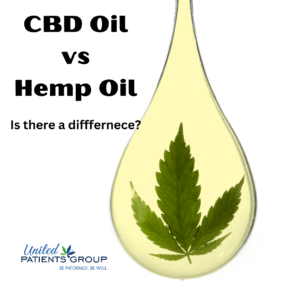
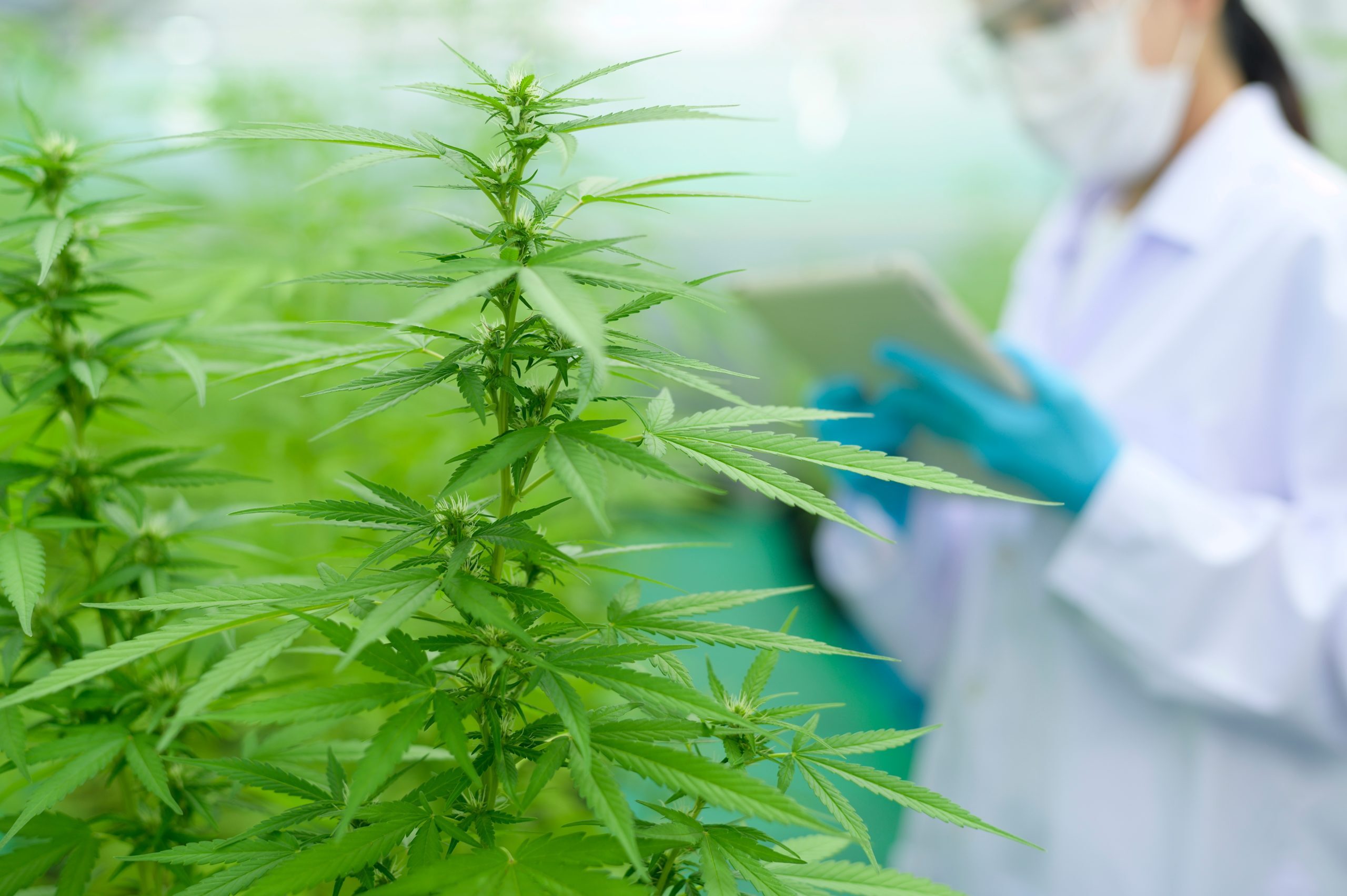
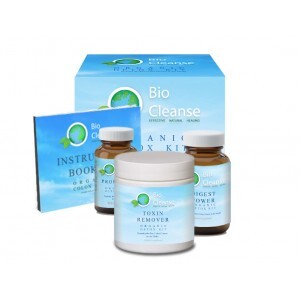
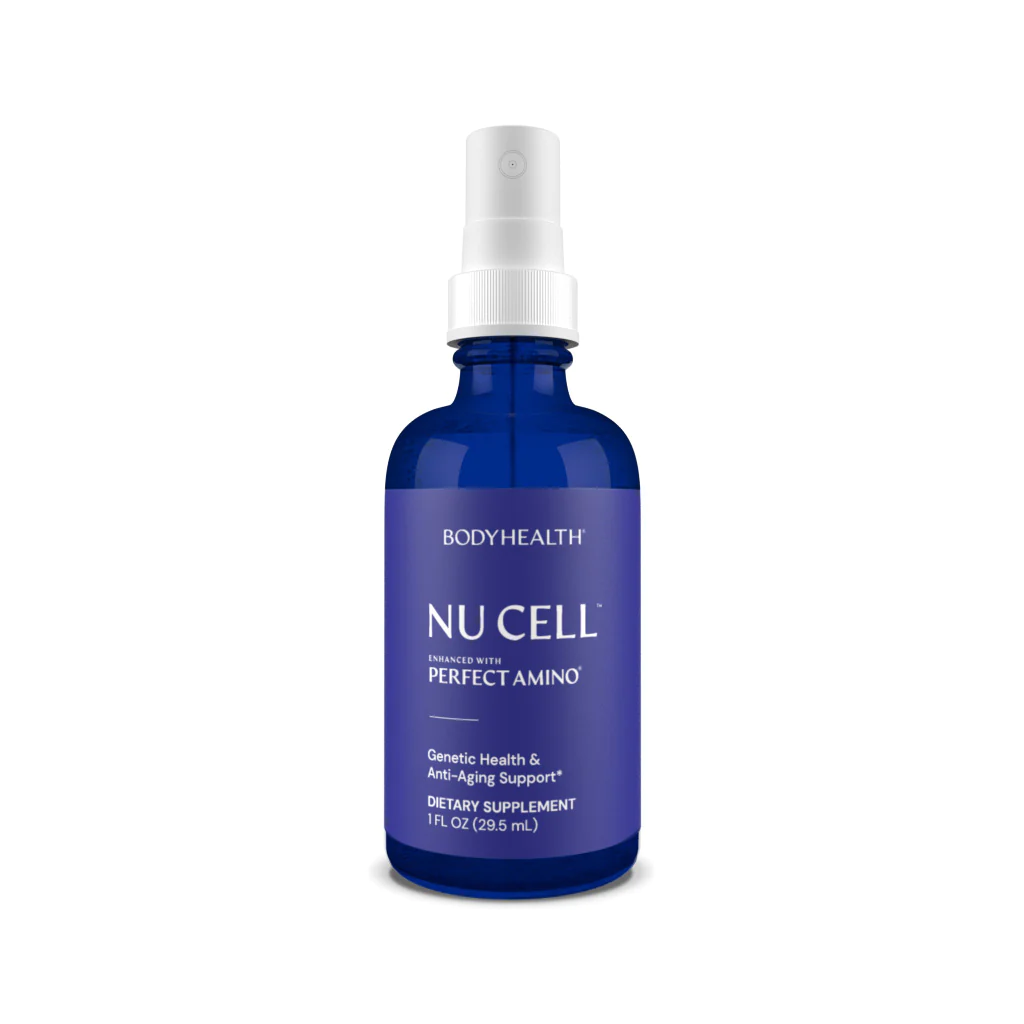
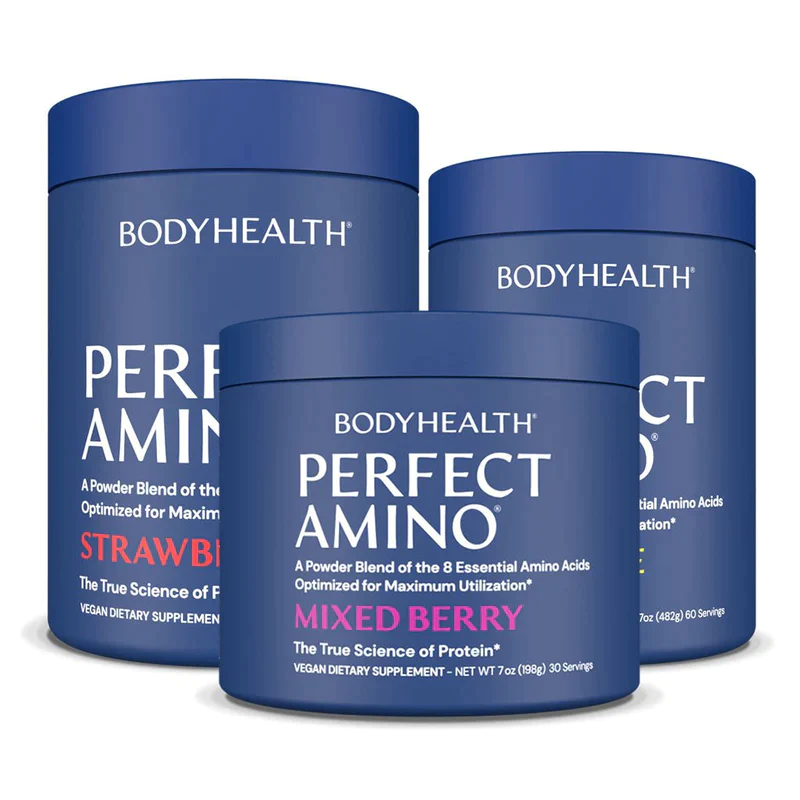
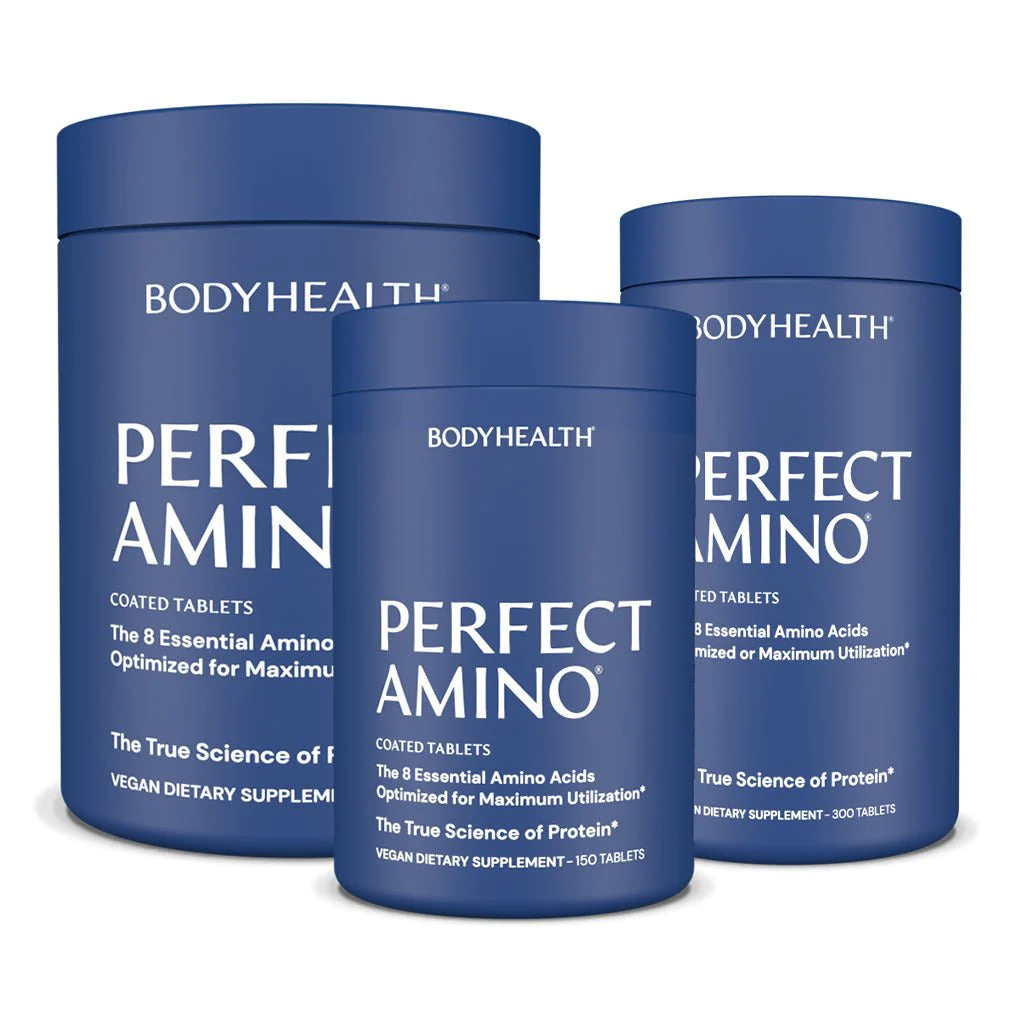
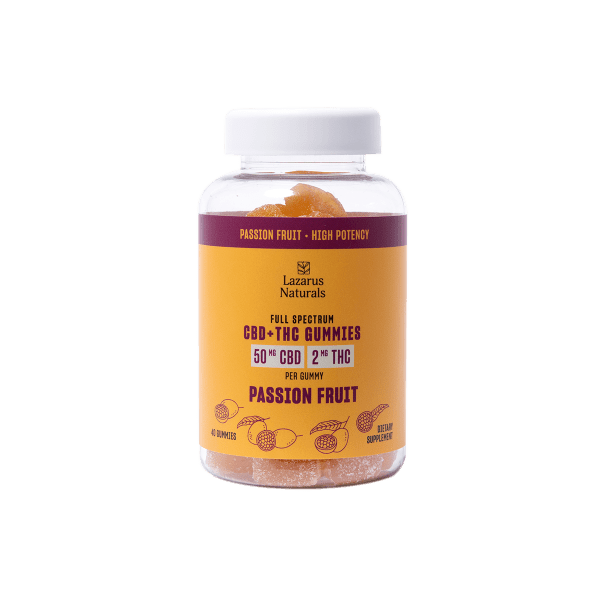

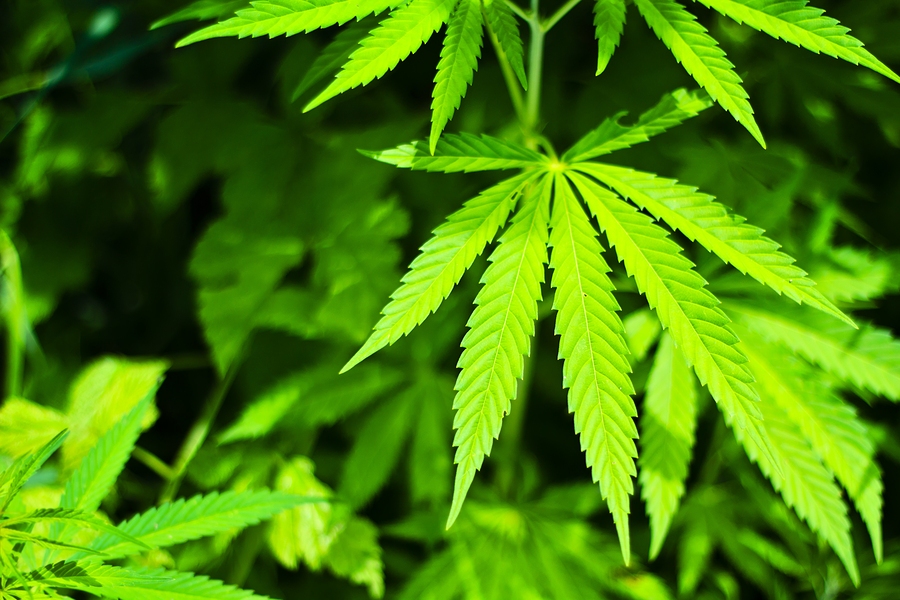


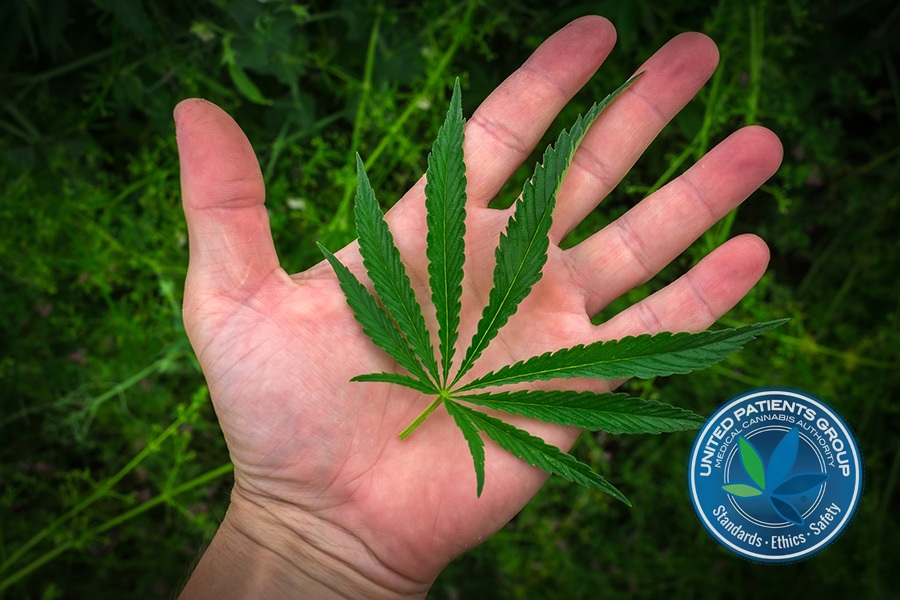
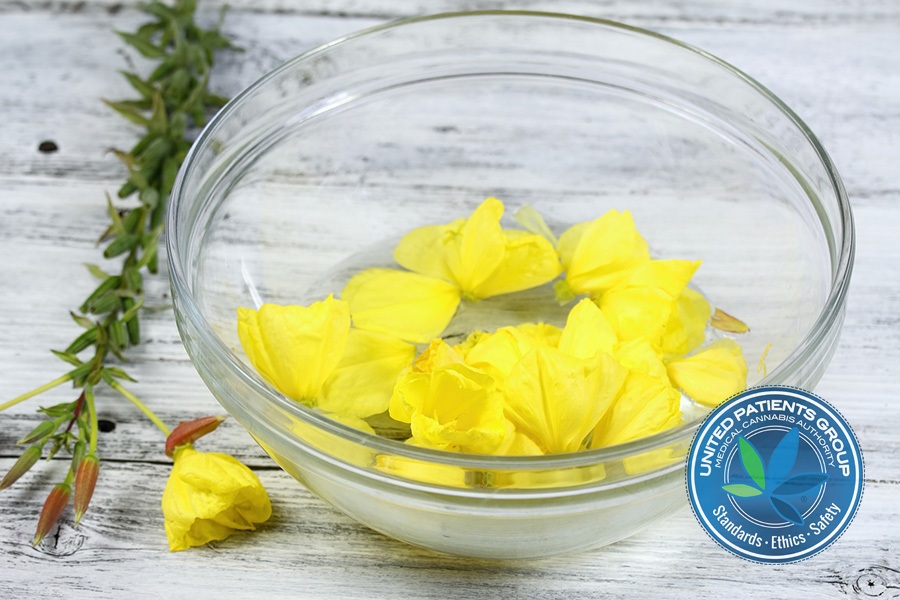
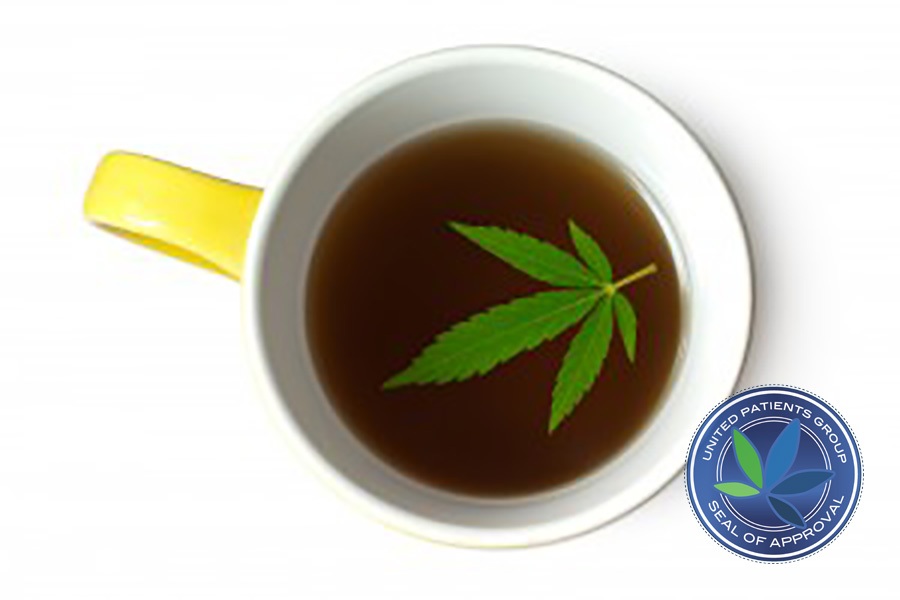

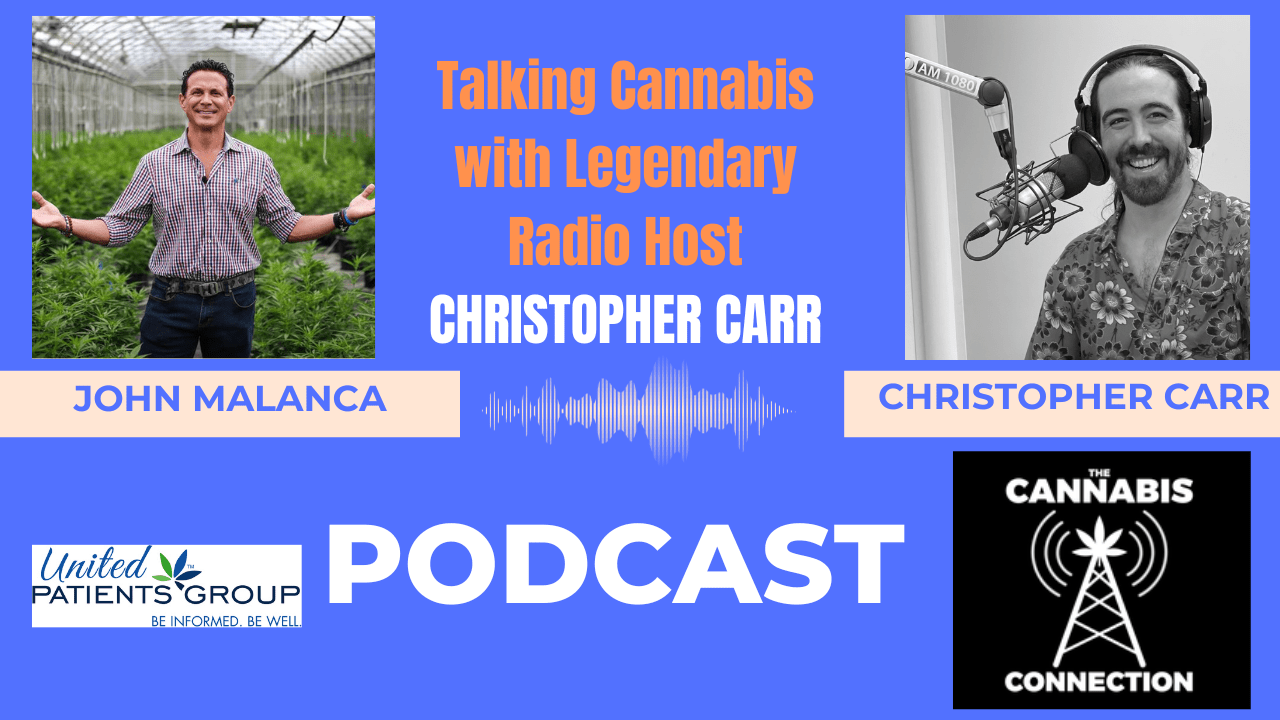
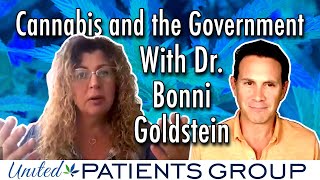





















Leave a Reply Cancel reply